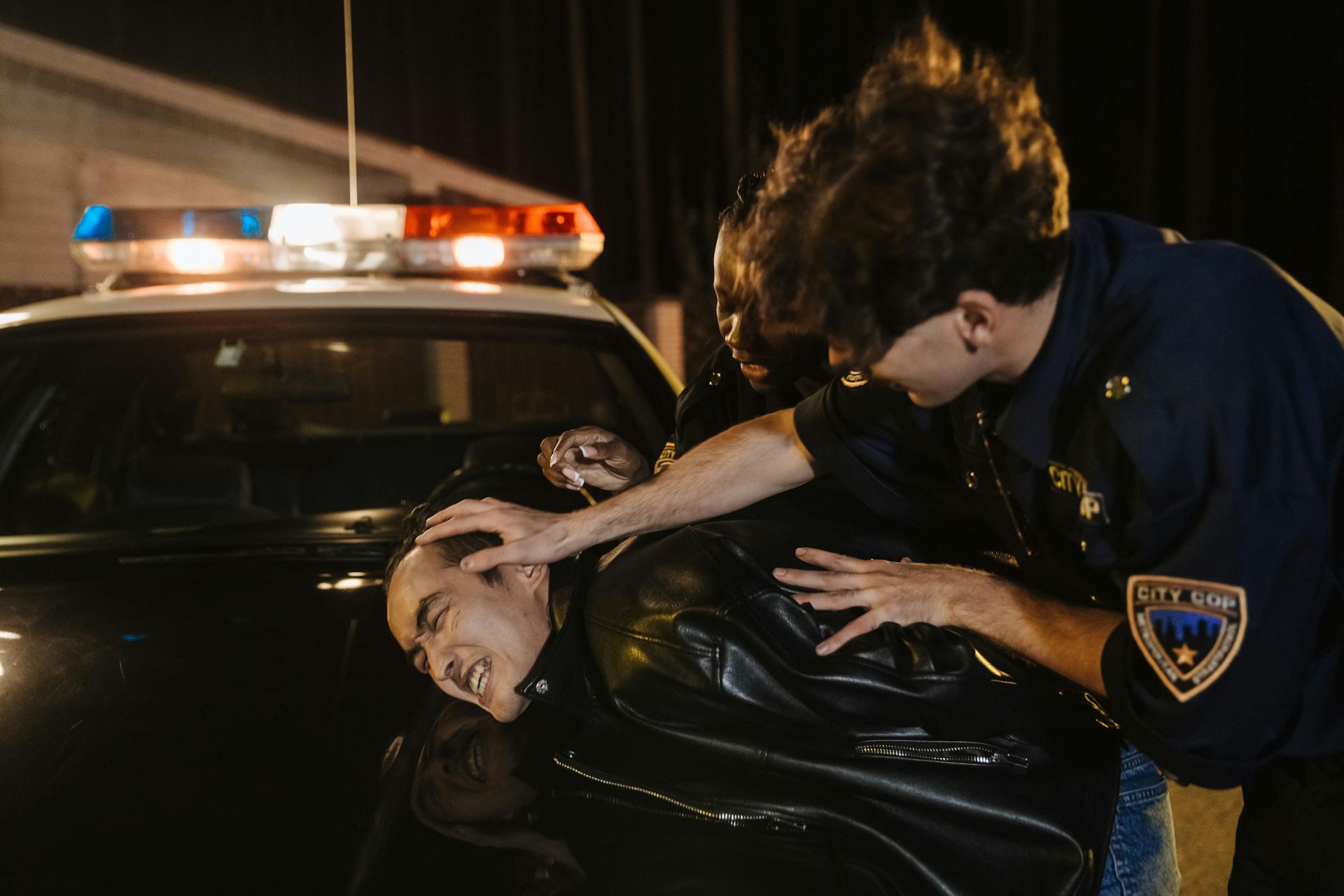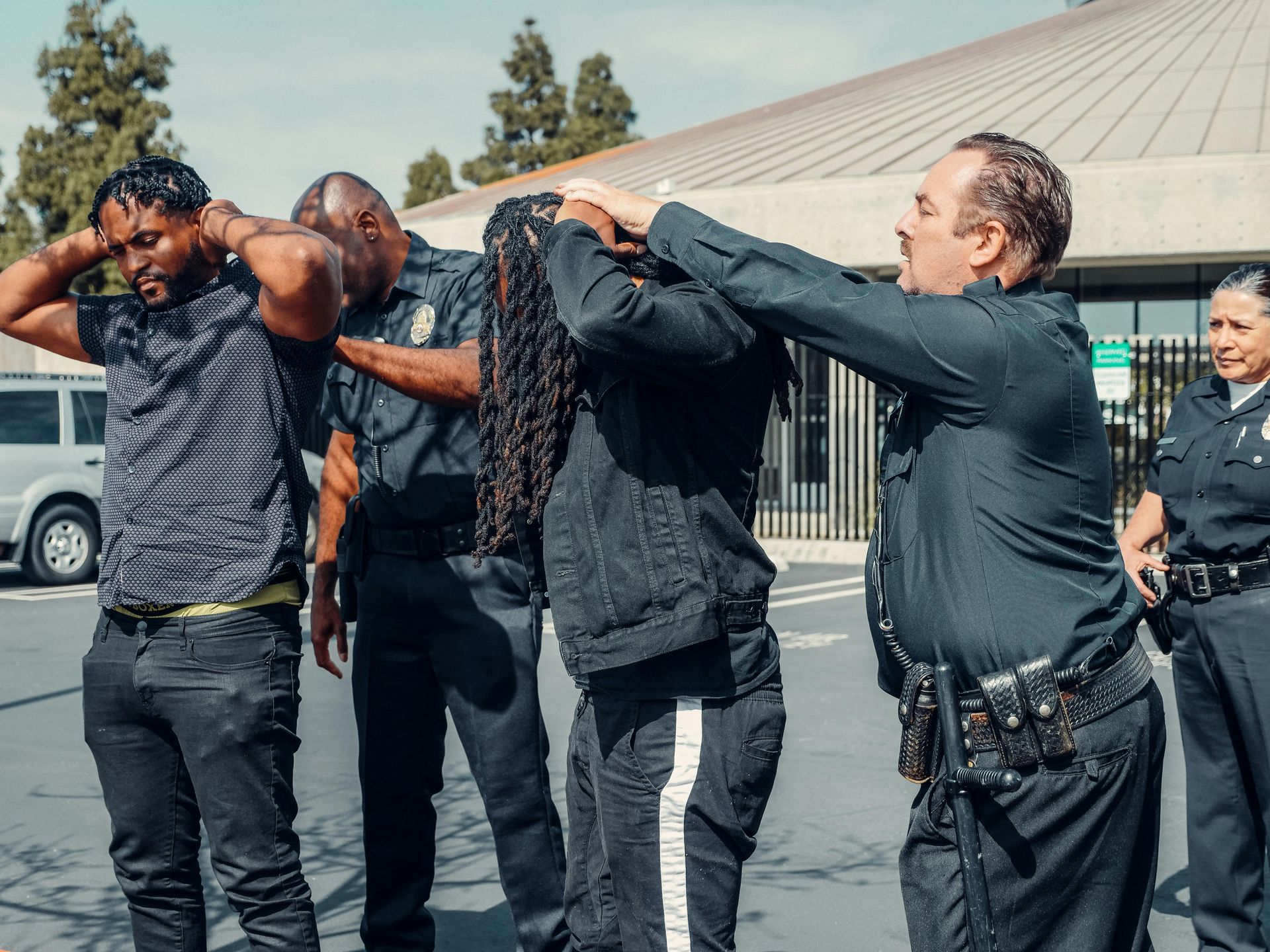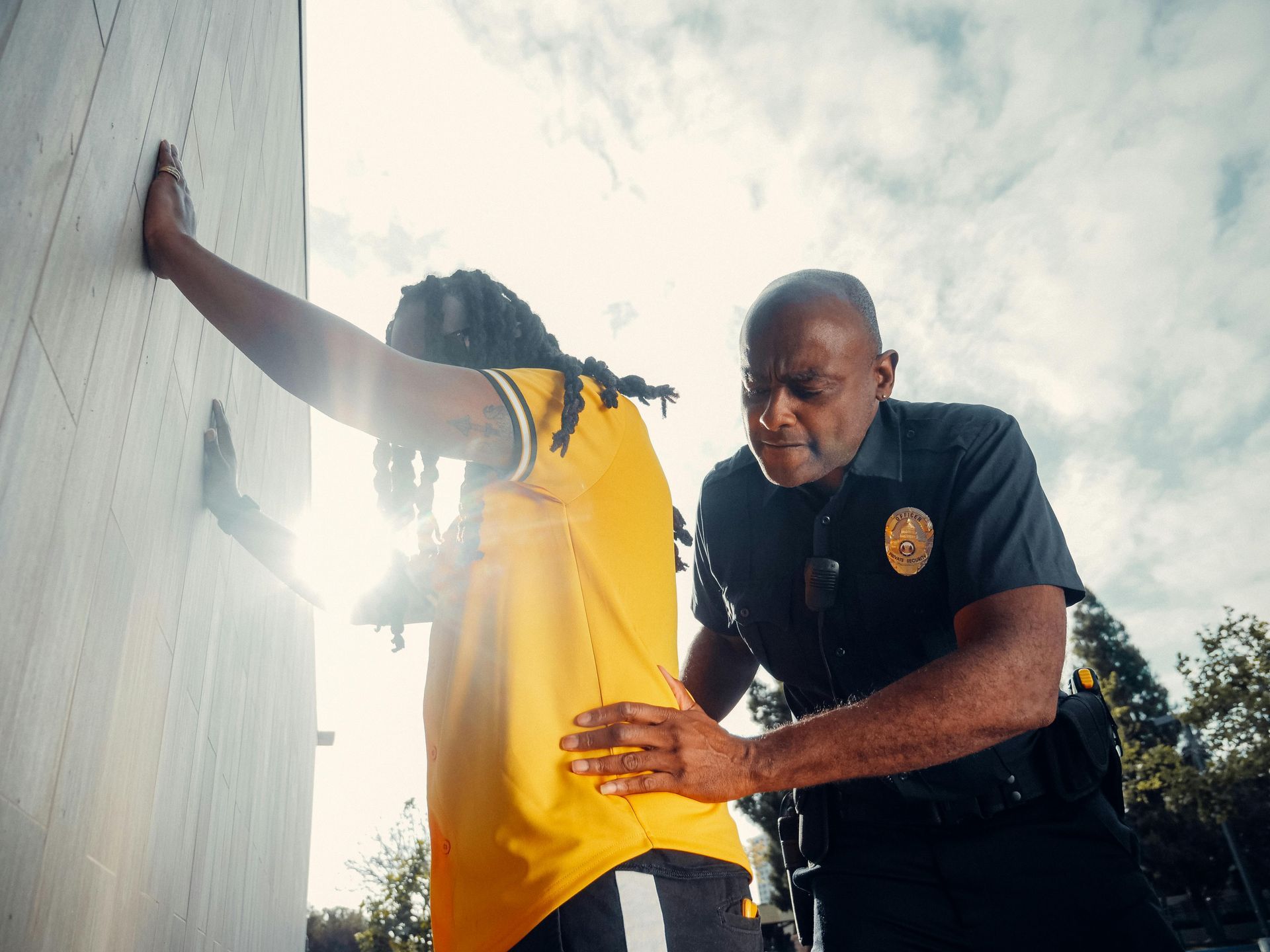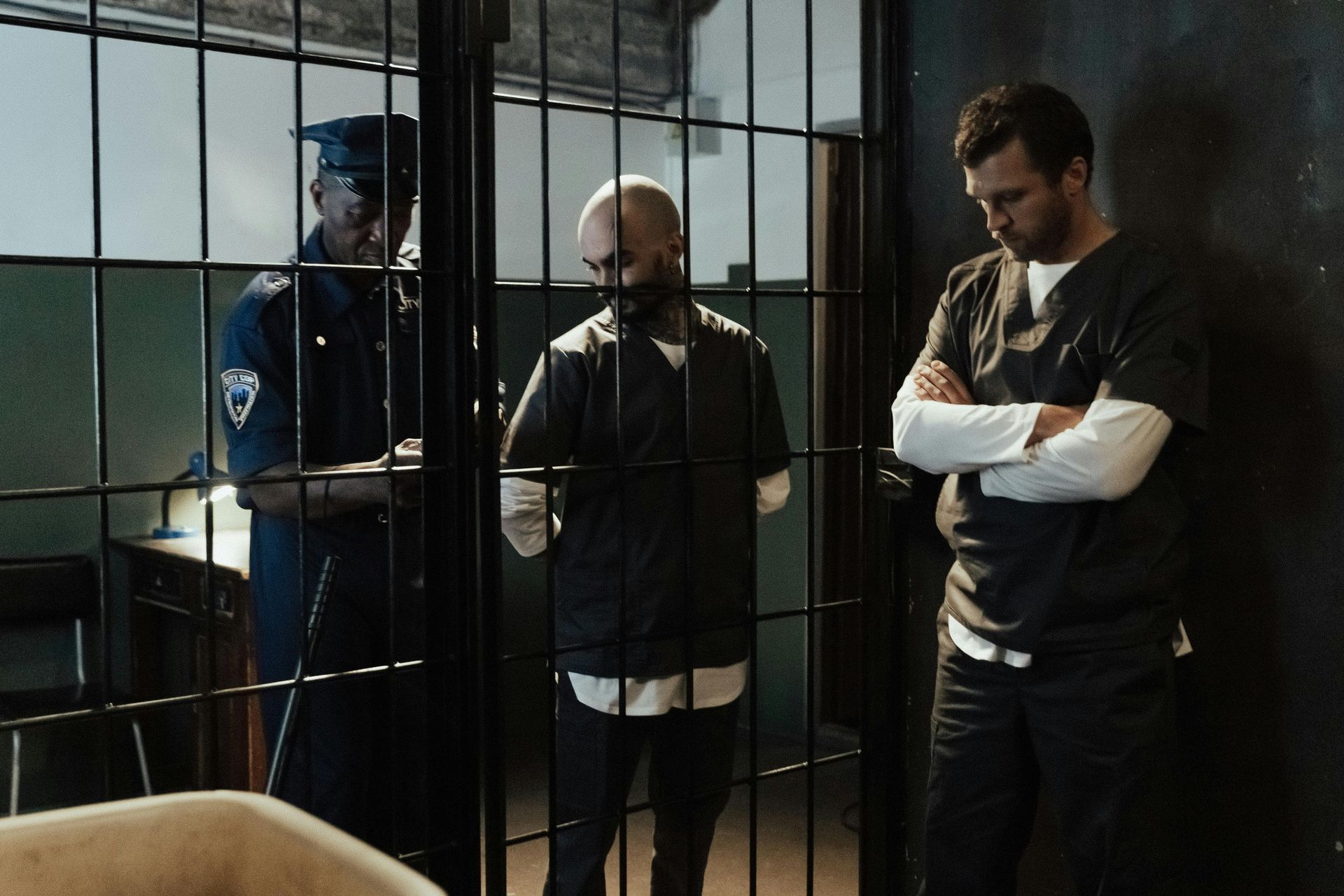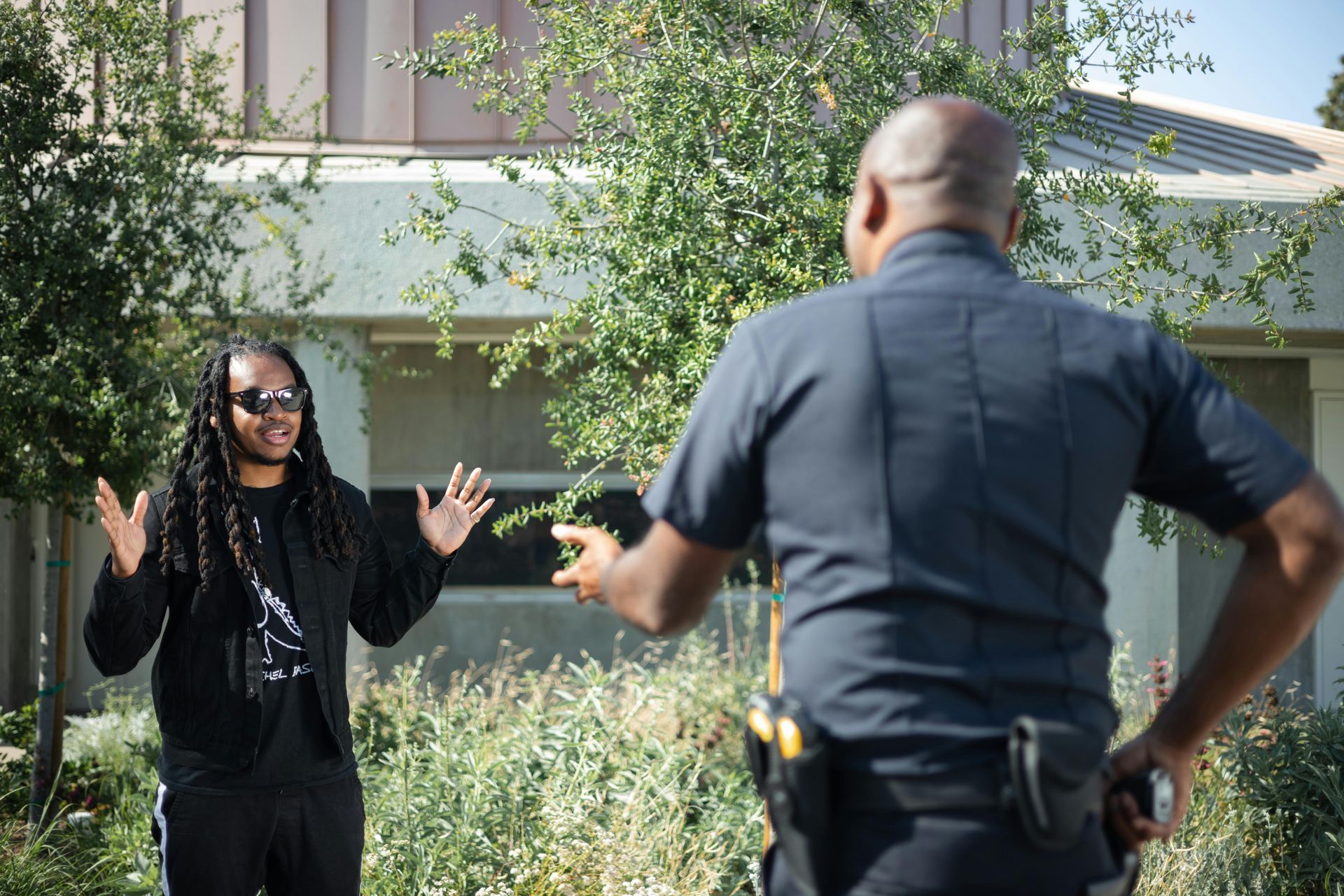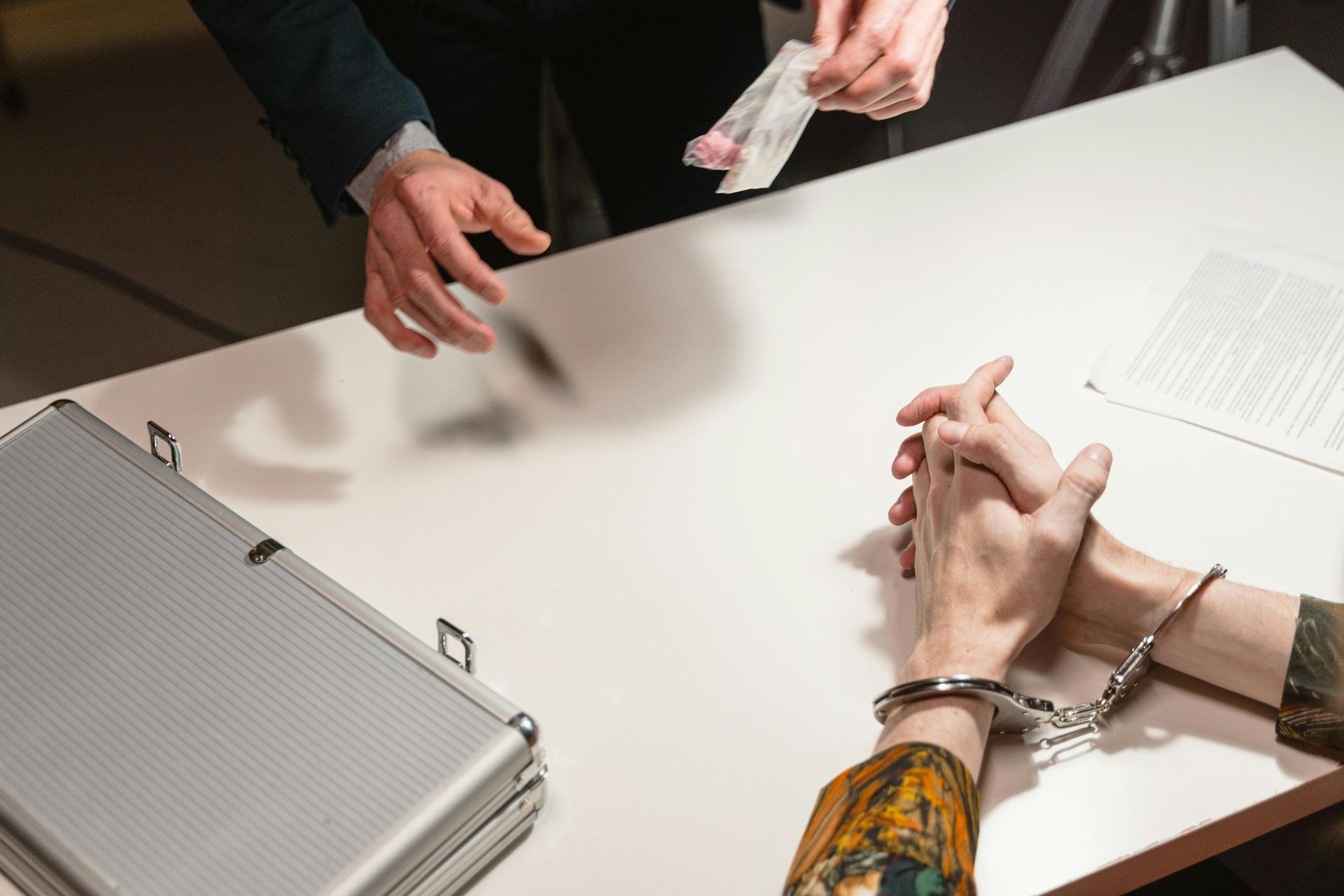Civil Rights Lawyer Serving Pennsylvania & New Jersey
When the System Fails You, We Step In
Civil rights violations aren’t just legal issues — they’re personal betrayals. Whether you were mistreated by police, wrongfully arrested, abused while in custody, or targeted because of who you are, you deserve to be heard — and you deserve justice.
We represent individuals across Pennsylvania and New Jersey whose constitutional rights have been violated by law enforcement, correctional staff, or other government agencies. These cases include police misconduct, excessive force, wrongful arrest, malicious prosecution, unlawful searches, prisoner abuse, and wrongful conviction claims.
Holding the government accountable isn’t easy. But with the right legal team on your side, it’s possible. If you’ve been silenced, mistreated, or ignored, we’re ready to help you fight back.
Why You Shouldn’t Handle This Alone
If your civil rights were violated, the road to justice can be long — and the system isn’t built to help you navigate it alone. Police departments, government agencies, and correctional institutions often deny wrongdoing, drag out the process, and use every legal tactic available to avoid accountability. Without a strong legal advocate, you’re likely to be ignored or overwhelmed.
Here’s why experienced representation matters:
You’re Taking on Powerful Institutions
Civil rights cases usually involve suing police departments, correctional facilities, or government officials — all of whom are backed by lawyers whose job is to shut your case down. They rarely admit fault and will do everything they can to discredit your story. We’re not intimidated by government lawyers, and we know how to build cases that demand attention — and results.
You Need to Prove More Than Harm
It’s not enough to say you were mistreated. You have to prove that your constitutional rights were violated — and that the people involved acted outside the law. Whether it’s excessive force, wrongful arrest, abuse in custody, or malicious prosecution, we understand how to gather the right records, witness testimony, and expert analysis to support your claim.
Delays and Denials Are Part of Their Strategy
These cases can drag on for months or even years — especially if you're handling it alone. Agencies often delay producing records, deny requests, and try to frustrate victims into giving up. We know how to apply legal pressure, move cases forward, and push for accountability every step of the way. When we take your case, they know they can’t ignore it.
One Wrong Move Can Shut Down Your Case
Civil rights claims are governed by strict procedural rules and deadlines. If you miss a statute of limitations, file in the wrong court, or fail to properly notify the agency, your case can be dismissed before it ever gets heard. We handle everything — from the initial investigation to filing federal or state lawsuits — with precision and urgency.
Frequently Asked Questions About Civil Rights Cases
What is a civil rights violation?
A civil rights violation occurs when a government actor — like a police officer or prison official — violates your rights under the Constitution. Common examples include excessive force, wrongful arrest, abuse in custody, and discrimination in enforcement or treatment.
What kinds of cases do you take?
We represent people who have experienced police misconduct, excessive force, false arrest, malicious prosecution, prisoner abuse, unlawful search and seizure, or wrongful conviction. If you’re not sure whether what happened to you qualifies, we can help you find out.
Can I sue the police or a government agency?
Yes — but it’s not easy. Government agencies and officers often have immunity protections, and the legal standards for civil rights claims are high. We help you navigate those obstacles and pursue the accountability you deserve.
How much time do I have to file?
In many civil rights cases, you have two years or less to file a claim. If your case involves a government agency, you may also need to file a notice of claim within 6 months. That’s why it’s important to speak with a lawyer as soon as possible.
Do I need to have been physically injured?
Not always. Some civil rights cases involve emotional trauma, unlawful detention, or reputational harm without visible injury. But if you were physically harmed, that can strengthen your claim. We’ll review the full impact of what happened.
What kind of compensation can I recover?
Depending on the case, you may be able to recover money for medical bills, emotional distress, lost wages, legal fees, and in some cases, punitive damages meant to punish the wrongdoer. We’ll explain what you can expect based on your situation.
Can I file if I was convicted or pled guilty?
In some cases, yes — especially if the misconduct was separate from the conviction or happened during arrest or custody. If you’ve already been exonerated or are pursuing post-conviction relief, we may also be able to help you file a civil rights claim.



